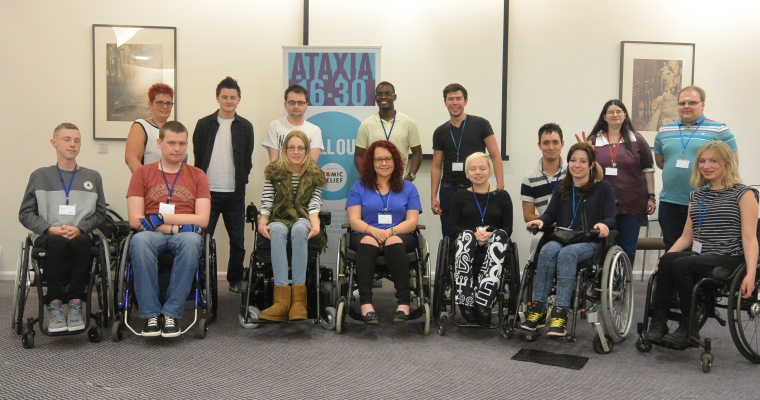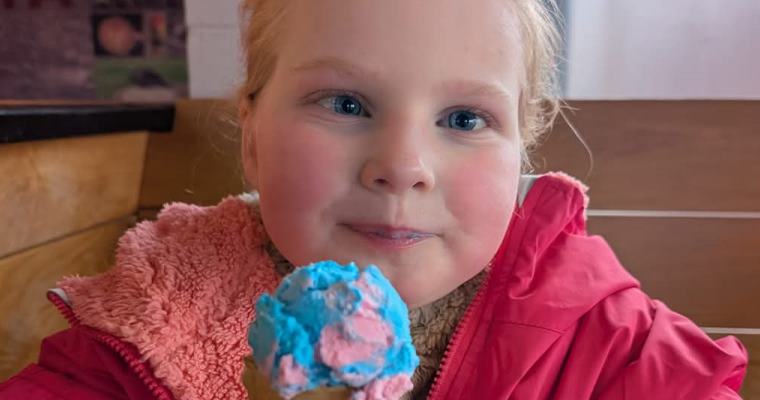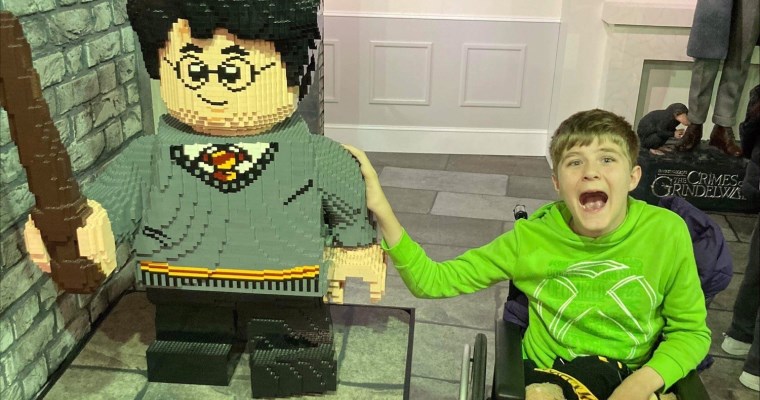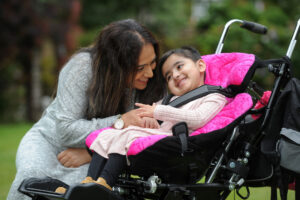
Category: Ataxia UK
Posted on 09.05.2019
Ataxia UK’s 16-30 Project is ensuring that children and young people with ataxia have an opportunity to continue to receive support into adulthood.
One of the difficulties for any child with a long-term medical condition is the transition stage to adulthood. This is often a time when the services and support they have received as a child change dramatically and they have to begin to use adult services and to negotiate a minefield of form-filling and red-tape.
Young people already have a lot to contend with: concerns of employment, relationships, homes and further education, as well as issues such as self-esteem and mental health; living with ataxia can make all of that even harder.
The 16-30’s project is an online-based network that gives young people across the UK with ataxia access to specialised support, information and advice. This is done through a stand-alone website, blog and Facebook group. Members of the project contribute to the blog, sharing their stories, building connections and friendships along the way.
Mum Anneli, has seen how the Project has helped her daughter: “To us, the group is worth its weight in gold. Our daughter has forged some genuinely close relationships. Now that she has friends with ataxia who encourage her to stay positive, give advice and who believe in her, the whole family feels less alone and part of a like-minded community which understands what we’re going through. I can’t express to you the vast relief of seeing her smile again!”
Ataxia UK also host events and seminars throughout the year that give members the opportunity to meet in person, and hear from experts in fields that are relevant to their age group.
With only 10,000 people in the UK who are diagnosed, ataxia is a rare condition. The term ‘ataxia’ describes a group of neurological disorders that affect balance, coordination and speech. There are many different types of ataxia that affect people in different ways. Your support is helping Ataxia UK to continue to research for treatments, a cure and to support children and young people living with ataxia.



